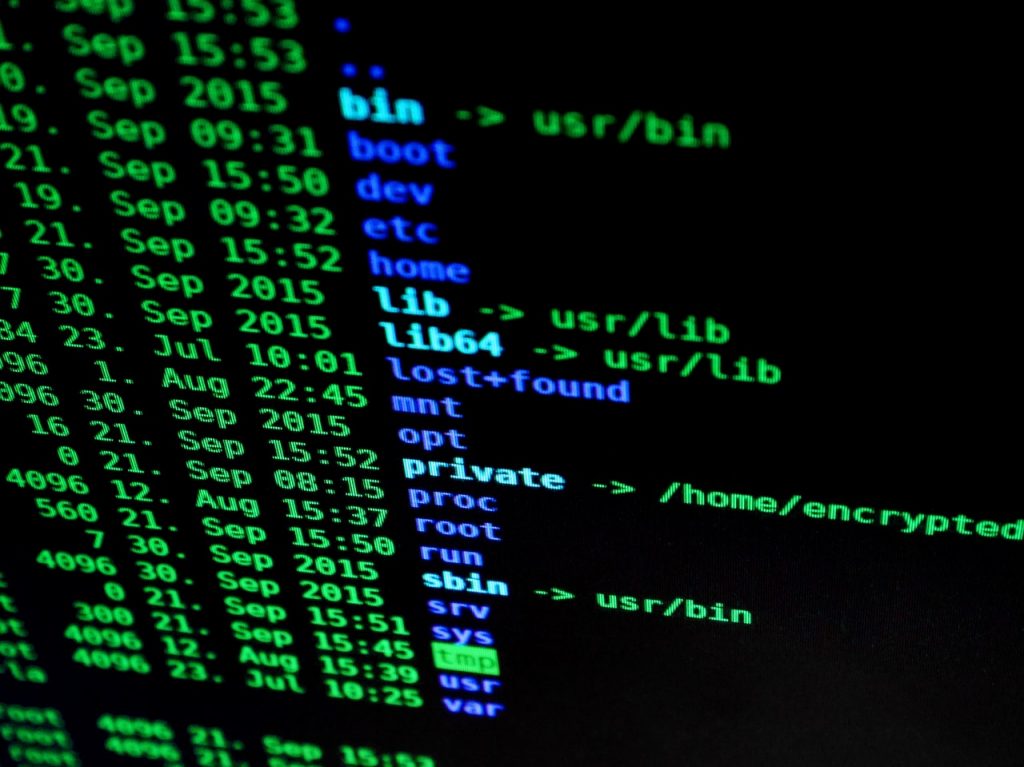
In this era of science and technology, everybody has a computer, laptops, tablets, and smartphones at their disposal. However, these technologies are considered inefficient and useless without an internet connection. Whether it is used in a professional or personal setting; the internet has become a necessity for these technologies and therefore, the risk of security and virus threats has increased. It has become imperative for us, as the users, to protect our devices and our data while using the internet.
Firewall and virus protection are two mechanisms that are used to provide security and safety to the device and system. However, the features of firewalls and antivirus are considerably different. Most people do not know the difference between firewalls and antivirus; therefore, you need to know that the properties and the functions of both mechanisms are different. Antivirus is used to fight against internal attacks like malicious files and viruses, whereas a firewall is a barrier against the network traffic. Both are essential for cybersecurity and to safeguard and protect the system, but you can ask your global service desk for more information on what’s best for you. It is important to know the features and differences of both mechanisms, which help a system user to select the suitable cybersecurity solution for his or her device. This article will discuss the differences and features of both virus protection software and firewall.
Firewall
The Internet connects millions of computers, creating a huge global network. This makes it a more dangerous and risky place for our systems, and therefore, it becomes more vital to protect your system from the vindictive trouble. This is where a firewall can help you. A firewall is a standard approach software and some systems have inbuilt hardware security features that control both incoming and outgoing traffic to safeguard your system and network. Put simply, the firewall acts as a barrier between your internet and network. It protects your system from unauthorized access. The sent-and-received data packets are analyzed by the firewall according to predefined rules and terms to determine which data packet should be allowed to make changes, and which packet should be restricted. The firewall stops the entry of any unauthorized data in the system.
Virus protection
The antivirus program is designed to protect your computer from threats that already exist in your computer system. Antivirus is cybersecurity software that scans spot, eliminates the damaging and harmful software, and fails to get into your system. The antivirus initially protects your system from viruses, spyware, malware, and any other suspicious activity that can put your system and personal data at risk. The harmful viruses can enter your system through different means; the most common way to receive these viruses are emailing and visiting unauthorized websites. As these resources come with attachments that can contain viruses, opening them will allow these viruses to enter your system. But if you have an antivirus in your system, then it will find, fix and permanently remove the viruses from your system.
Firewall v/s Antivirus
A firewall is based on both hardware and software security systems, which is used to prevent the system from unauthorized access. Conversely, an antivirus is protection software that protects and safeguards your system form the program viruses that exist within the system and the inspection quality of antivirus is limited. However, the inspection capabilities of a firewall based on a predefined set of rules and its main purpose is to analyze the data packets across the network decide which should be restricted and which should be not. On the other hand, the key purpose of the antivirus is to scan, detect, fix and overcome all types of viruses that can harm the system.
Knowing the differences between firewall and antivirus will make you understand which mechanism you need for your system.